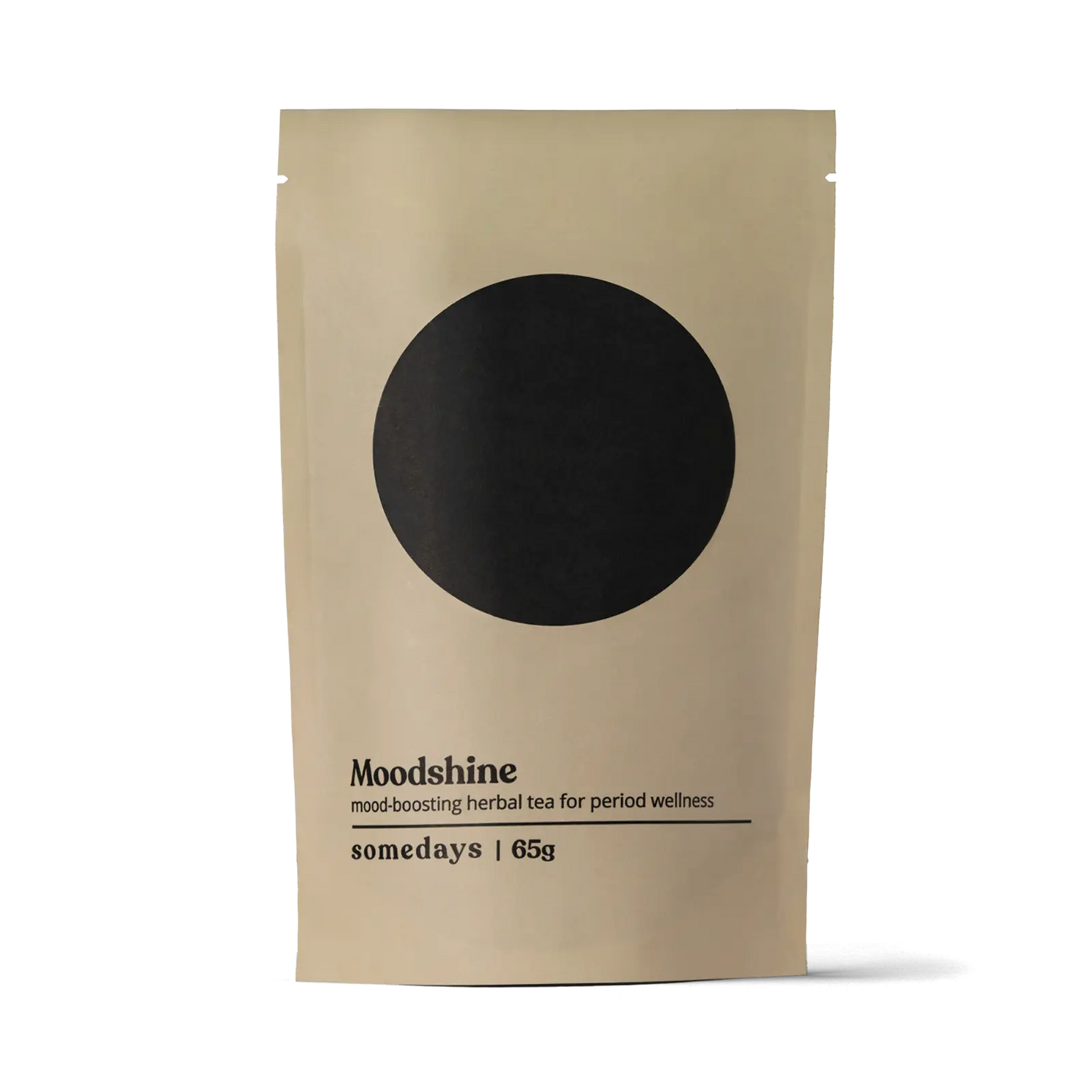What to Know About Polycystic Ovary Syndrome (PCOS)

First of all, let’s make one thing clear: Period pain is not normal.
Many of us (myself included) have been raised to accept that our periods will hurt. Ironically, this idea causes more harm! This misconception led to me missing school because of menstrual pain, all while assuming there was nothing I could do to feel better. I thought my period pain was normal, felt hopeless, and didn’t seek out help. I wish I had known then what I know now. Now that I know getting menstrual migraines and excessive cramps isn’t normal, I’ve talked to my doctor, received advice and appropriate prescriptions, and feel better every month.
If you experience pain during your period, talk to your primary care provider! You deserve better. We all do.
What is PCOS?
PCOS stands for Polycystic Ovary Syndrome. PCOS is a chronic endocrine condition that can cause hormonal imbalances, unpredictable periods, disturbances to ovulation, excessive androgen production, and ovarian cysts.
The irregular periods may be coupled with a lack of ovulation, which can sometimes make it difficult for people with PCOS to get pregnant. It can also impact the body’s ability to produce insulin, so people with type 2 diabetes are at a higher risk.
What Causes PCOS?
As PCOS symptoms often appear across generations within families, it's likely that this syndrome is influenced, at least partially, by alterations or mutations in specific genes. Recent studies using animal models indicate that in certain instances, PCOS may stem from genetic or chemical alterations that take place during fetal development in the womb.
How Common is PCOS?
PCOS is one of the most common hormonal disturbances affecting people with periods. The condition impacts nearly 1 out of every 10 people with periods. The World Health Organization estimates the condition is present in 8–13% of people with periods but that 70% of PCOS cases are undiagnosed. These percents may feel abstract. To give you a picture of just how many people have PCOS, a study published in the Journal of Obstetrics and Gynaecology Canada reports that 1.4 million women in Canada alone have PCOS.
Symptoms of PCOS
Everyone’s body is different. Different people experience differing PCOS symptoms. If you have PCOS, you may experience some, all, or none of these symptoms.
Possible symptoms include:
- abnormal or absent periods (amenorrhea)
- infertility
- acne or oily skin that doesn’t respond to regular courses of treatment
- patches of thickened, dark, velvety skin
- excessive hair on the face or body
- baldness or hair thinning
- weight gain, especially around the belly
WHO reports that people with PCOS are at a higher risk for other health conditions including:
- type 2 diabetes
- hypertension (high blood pressure)
- high cholesterol
- heart disease
- endometrial cancer (cancer of the inner lining of the uterus)
PCOS can also lead to mental health conditions such as depression.
If I Have PCOS, Can I Get Pregnant?
Although PCOS is a leading cause of infertility, many people with PCOS can and do go on to have healthy pregnancies, births and babies! It is important to stay hopeful and discuss your family planning with your doctor, who can make recommendations based on your condition and health history.
How Do I Know If I Have PCOS?
Symptoms differ dramatically between people, so displaying some symptoms is not enough to confirm if you have PCOS. To know for sure if you have PCOS, see an endocrinologist. Endocrinologists are doctors who specialize in hormone disorders.
To receive a diagnosis of PCOS, NYU Langone reports that you must meet two of the following criteria:
- irregular ovulation, which is usually indicated by an irregular menstrual cycle or a lack of a cycle
- signs of increased androgen levels or a blood test confirming you have increased levels
- multiple small cysts on the ovaries
The endocrinologist will conduct a physical exam and ask about your medical, family, and menstrual history. They may also order blood tests and/or a pelvic ultrasound.
There Are 4 Types of PCOS.
Let’s break them down.
-
Insulin-resistant PCOS - may occur because of high insulin levels in the body
-
Inflammatory PCOS - may result from inflammation that prevents ovulation, eventually leading to a hormonal imbalance and increased androgen production
-
Post-pill PCOS - may result from abruptly stopping oral contraceptive pills
-
Adrenal PCOS - may occur due to stress
When you know what type of PCOS you have, it’s easier to figure out how to treat it.
PCOS Treatment Options
PCOS is a chronic condition and cannot be cured. But there’s good news! There are many treatment options. Depending on your type of PCOS and whether or not you wish to get pregnant, your doctor may recommend medication that causes ovulation, birth control pills, diabetes medication, or changes to your diet and exercise. They may also recommend medications to treat specific symptoms such as acne, hair thinning, or hair growth.
Have you ruled out PCOS but still aren’t sure what is causing your symptoms? Take our free endometriosis assessment here.
Amanda Melhuish (she/they) is a genderfluid writer and comedian based in Brooklyn, NY. As a copywriter, they've worked with brands like OkCupid, One Medical, Fetch Pet Insurance, and more. Their work has been published on Reductress, The Periodical, and more. They also host "Open to Work: An Unemployed Comedy Show" in NYC at Brooklyn Comedy Collective. Follow their work @amandahasbangs on Instagram and TikTok.
Previous Article All Articles Next Article
All Articles


